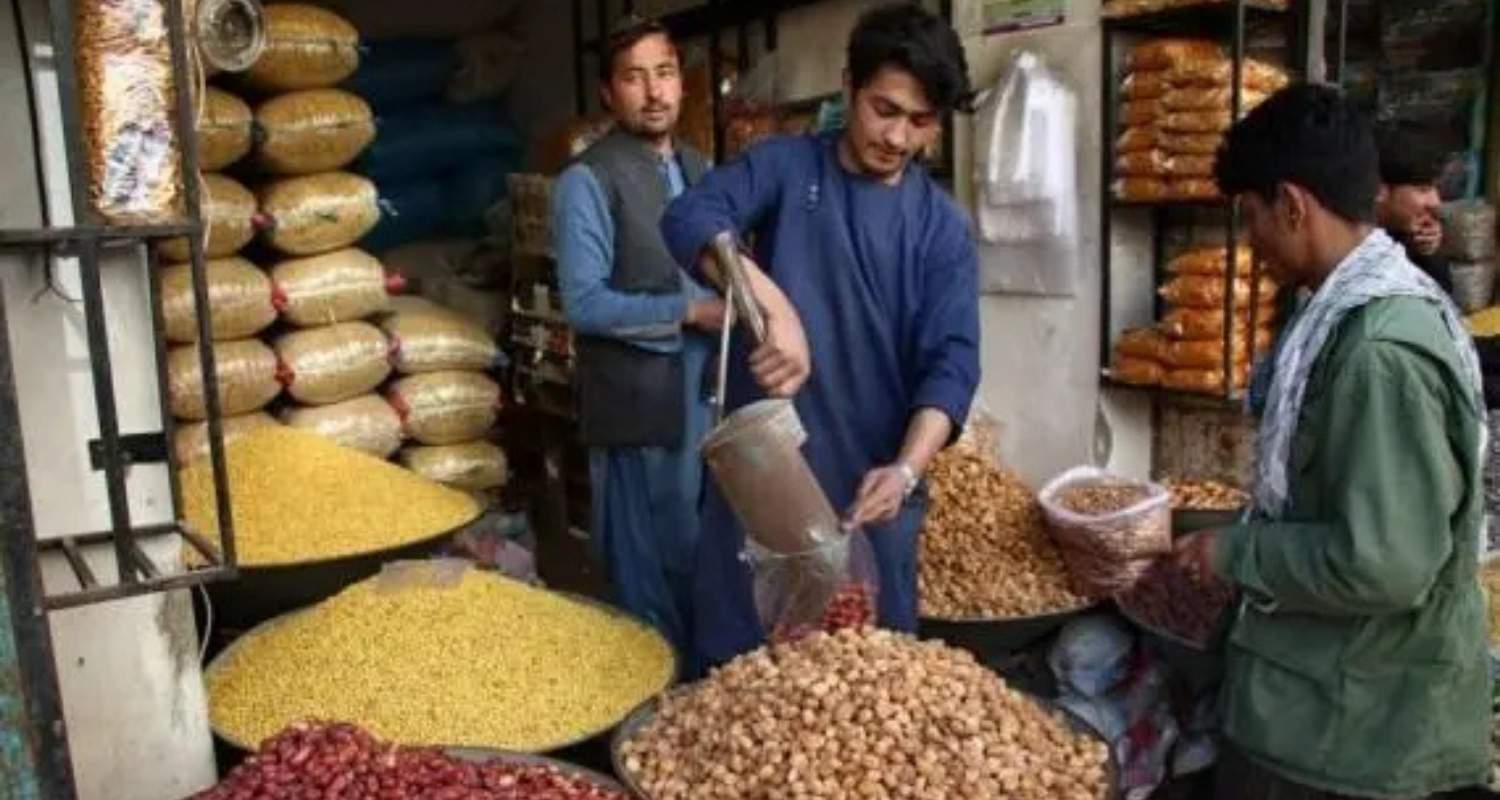Afghanistan, a landlocked country, is seeking to diversify its trade routes as tensions with neighbouring Pakistan persist after the deadly border clashes that killed dozens on both sides in October.
The two neighbours have been locked in an increasingly bitter dispute since the Taliban took over Kabul in 2021, with Islamabad accusing it of harbouring the terrorists involved in cross-border attacks, charges that the Taliban has denied. Last week, Abdul Ghani Baradar, Afghanistan's deputy prime minister for economic affairs, urged traders to "redirect their trade toward other alternative routes instead of Pakistan".
While it may seem easy on paper, implementing such a policy would incur massive economic losses to a country which is already struggling to sustain a war-torn economy. Pakistan, which remains the top trading partner, supplies rice, pharmaceuticals and raw materials, while taking in 45 per cent of Afghan exports in 2024, according to the World Bank.

More than 70 per cent of those exports, worth $1.4 billion, are perishable farm goods such as figs, pistachios, grapes and pomegranates. According to Pakistan-Afghanistan traders, the losses since October have topped $100 million on both sides, and up to 25,000 border workers have been affected.
Also Read: Pak and Afghanistan agree to extend ceasefire in Istanbul talks
The arrogance from both sides is ruining the lives of the poor people who heavily depend on the cross-border trade.
Meanwhile, Baradar has said that Kabul would not intervene if they (traders) kept relying on Pakistan, indirectly threatening them to cut ties with Pakistan. Wary of further disruptions, the Taliban government is now hedging its bets with Iran, Central Asia, and beyond.
Afghanistan has so many fruits and vegetables that it cannot store them because there are no refrigerated warehouses. Exporting is the only way, before the products spoil. Said an analyst of the World Economic Forum on Friday. Kabul touts Iran's Chabahar port as an alternative to Pakistan's southern harbours, which are costlier, farther and hampered by US sanctions.
Also Read: Afghanistan hit by 6.3 quake, rescue ops underway


